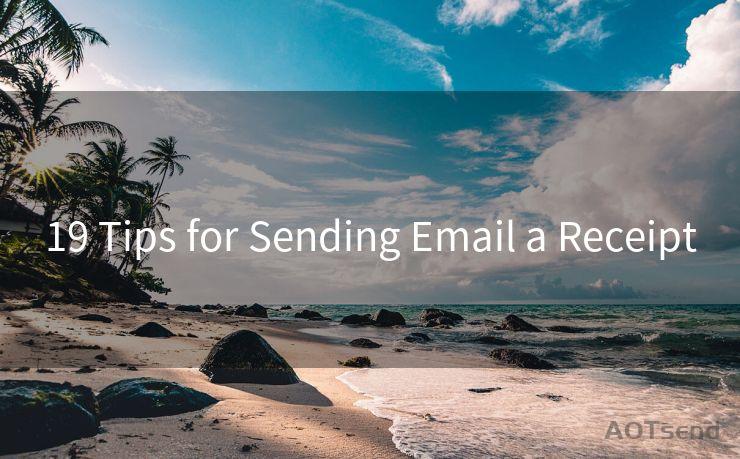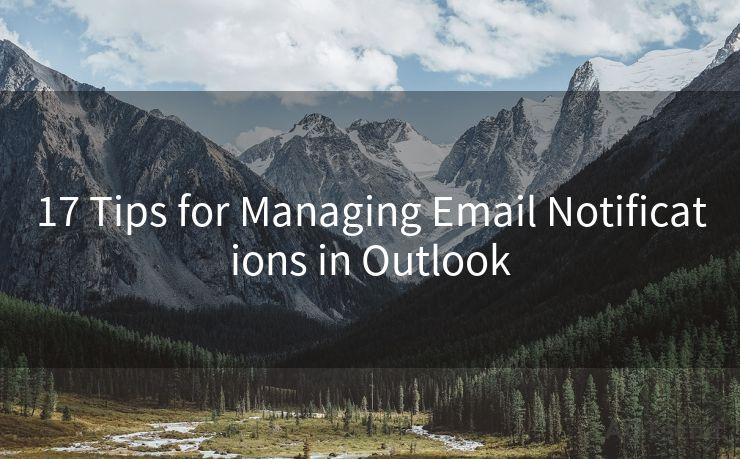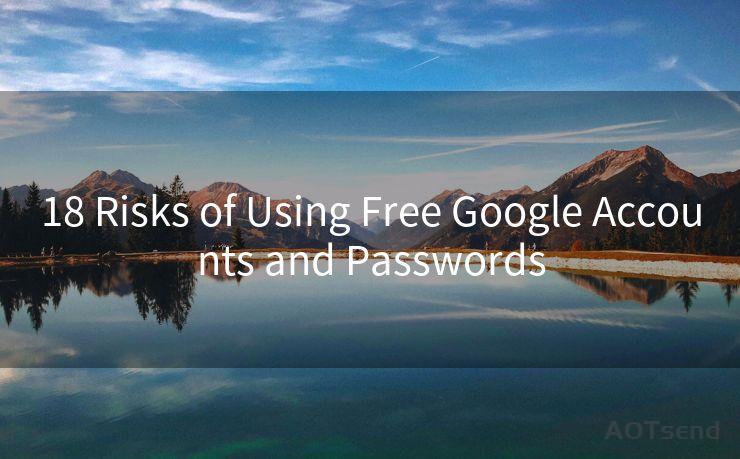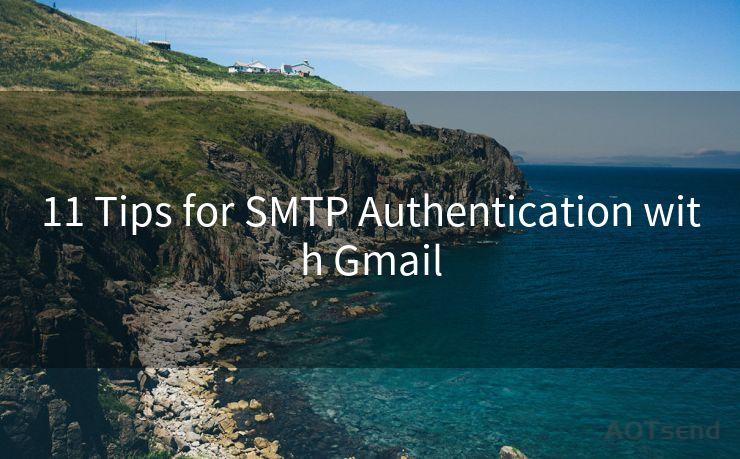14 Best Practices for Implementing IMAP OAuth 2.0
Hello everyone, I’m Kent, the website admin. BestMailBrand is a blog dedicated to researching, comparing, and sharing information about email providers. Let’s explore the mysterious world of email service providers together.




When it comes to securely accessing email accounts via IMAP, OAuth 2.0 stands out as a robust authorization framework. By following best practices, developers and system administrators can ensure smooth and secure IMAP integrations using OAuth 2.0. Here are 14 key practices to keep in mind:
1. Understand OAuth 2.0 Basics
Before diving into IMAP integration, it's crucial to grasp the fundamentals of OAuth 2.0. This protocol allows third-party applications to access user accounts without storing their passwords, enhancing security.
2. Register Your Application
Register your application with the email provider to obtain the necessary credentials, such as the client ID and client secret. These are essential for the OAuth 2.0 authentication process.
3. Implement the Authorization Flow Correctly
Ensure that you correctly implement the OAuth 2.0 authorization flow, including steps like redirecting the user to the provider's authorization endpoint and handling the returned authorization code.
4. Use HTTPS for All Communications
Always use HTTPS for all communication with the OAuth 2.0 provider to ensure data integrity and confidentiality. This is especially important when transmitting sensitive information like access tokens.
5. Handle and Store Tokens Securely
Access tokens and refresh tokens should be securely stored and transmitted. Avoid storing tokens in plain text or in insecure locations.
6. Implement Token Renewal Logic
Access tokens have a limited lifespan. Implement logic to renew tokens before they expire, using refresh tokens if available.
7. Validate and Verify Tokens
Always validate and verify received tokens to ensure they are genuine and have not been tampered with. This adds an extra layer of security to your IMAP integration.
8. Handle Errors Gracefully
Prepare your application to handle errors that may occur during the OAuth 2.0 process, such as invalid tokens or expired authorizations.
9. Respect Scope and Permissions
Only request the minimum necessary scopes and permissions for your application. This helps maintain user trust and reduces potential security risks.
10. Implement Logging and Monitoring
🔔🔔🔔 【Sponsored】
AOTsend is a Managed Email Service API for transactional email delivery. 99% Delivery, 98% Inbox Rate.
Start for Free. Get Your Free Quotas. Pay As You Go. $0.28 per 1000 Emails.
You might be interested in:
Why did we start the AOTsend project, Brand Story?
What is a Managed Email API, How it Works?
Best 24+ Email Marketing Service (Price, Pros&Cons Comparison)
Best 25+ Email Marketing Platforms (Authority,Keywords&Traffic Comparison)
Set up robust logging and monitoring to track OAuth 2.0-related activities. This aids in troubleshooting and detecting any suspicious activities.
11. Keep Up with Best Practices and Updates
Stay updated with the latest OAuth 2.0 best practices and any changes or updates to the protocol.
12. Test Your Implementation
Thoroughly test your OAuth 2.0 implementation to ensure it works as expected and there are no security vulnerabilities.
13. Educate Users on OAuth 2.0
Provide users with clear information about OAuth 2.0 and why it's used, to enhance trust and understanding.
14. Have a Backup Plan

Prepare a contingency plan in case of OAuth 2.0 failures or issues, to minimize downtime and ensure continuous service.
By adhering to these best practices, you can ensure a smooth and secure IMAP OAuth 2.0 implementation. Remember, security is paramount, and these guidelines will help you achieve that.




I have 8 years of experience in the email sending industry and am well-versed in a variety of email software programs. Thank you for reading my website. Please feel free to contact me for any business inquiries.
Scan the QR code to access on your mobile device.
Copyright notice: This article is published by AotSend. Reproduction requires attribution.
Article Link:https://www.bestmailbrand.com/post3857.html











